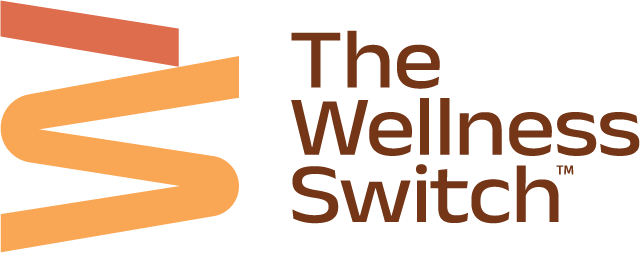
Polycystic Ovary Syndrome (PCOS / PCOD)
What Is It?
Ah, PCOS — a condition that makes you feel like your ovaries are throwing a party without inviting you. Polycystic Ovary Syndrome is one of the most common hormonal disorders women face, affecting 1 in 10 women globally and an alarming number of women in India. But it’s not just about the cysts (though those do exist) — it’s a complete hormonal disruption that leaves you fighting a multi-front war: periods that disappear, skin that betrays you, and hormones that get as out of control as your thoughts during a full moon.
Why It Happens?
PCOS doesn’t just knock on the door; it barges in. It’s believed to be a combination of genetic and lifestyle factors that mess with your hormone levels, particularly insulin resistance and increased male hormones (yes, androgens).
- Genetics: If your mother or sister has it, your odds go up
- Insulin resistance: Your body’s cells are no longer responding to insulin the way they should
- Hormonal imbalances: Your ovaries overproduce androgens, which messes with everything from hair to cycles
- Lifestyle factors: Poor diet, stress, and lack of exercise can fuel the fire
Common Symptoms:
- Irregular or missed periods
- Oily skin or acne, especially around your jawline
- Hair growth on the face, chest, or abdomen (hello, unwanted “man” beard!)
- Thinning hair or hair loss
- Weight gain, especially around your belly
- Fatigue, no matter how much you sleep
- Mood swings and irritability
- Difficulty conceiving (thanks, hormonal imbalances!)
Symptoms May Overlap With:
- Thyroid dysfunction
- Lean PCOS
- Endometriosis
- Adrenal fatigue
Latest Research & Trends
PCOS is finally getting the attention it deserves, and research is proving that lifestyle changes — rather than just popping birth control — can work wonders. Diets focusing on anti-inflammatory foods and lowering blood sugar levels (hello, whole foods, good fats, and fiber) have been shown to reduce PCOS symptoms. Plus, more and more women are opting for holistic therapies (hello, yoga, meditation, and acupuncture) to rebalance their bodies naturally.
Future Outlook
By 2030, it’s estimated that 10 million women will be diagnosed with PCOS, but it’s not all bad news. With early intervention, personalised wellness plans, and supportive communities, managing and even reversing PCOS is becoming more achievable. It’s a case of “the sooner you know, the better.”
How The Wellness Switch Can Help?
At The Wellness Switch, we’re all about holistic healing, not just symptom masking. We use nutritional plans, movement routines, and emotional wellness strategies to help you take back control of your body, your cycle, and your life.
We focus on:
- Blood sugar-balancing foods (goodbye, blood sugar spikes)
- Hormone-balancing protocols
- Stress and cortisol management
- Cycle syncing for better PMS management
- Personalised one-on-one coaching to guide you through this journey
And because you’re not alone, we offer access to a supportive community where you can share experiences, ask questions, and get practical tips from fellow women who know exactly what you’re going through.

